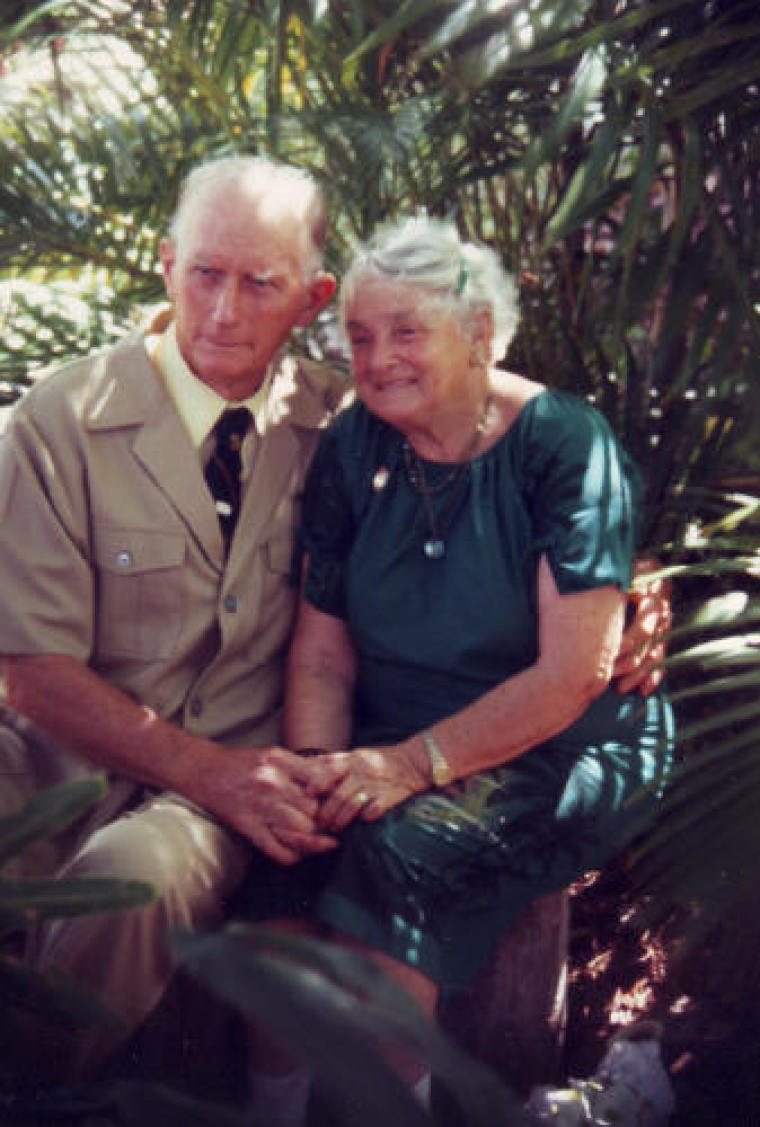
Mark Tronson, a Baptist minister and chairman of Well-Being Australia, has conducted many funerals ranging from those of children to those of the very elderly. He has also had personal grieving at the funerals of close elderly relatives. There is a sense of closure, but loved ones are not forgotten in personal memory or within family lore.
In some cultures the corpse is to be buried or cremated within a certain time frame; in others the funeral is delayed until distant or overseas family members can attend. Sometimes there may be forensic requirements that need to be finalised, and the body is placed in appropriate storage.
Recently the nation has witnessed the funerals of our young soldiers killed while on active service. Here the nation grieves as politicians and the military acknowledge such willing sacrifice; followed by private grieving at services in their home towns or communities.
Of course, human frailty being what it is, there are also a wide range of medically associated death – unfortunately, these can occur in people of any age, from young children to the elderly. Any hospital children's cancer ward will bring home the reality of the need for additional medical research dollars.
However, if a loved one has been ill for some time, there is an expected final outcome, although the timing is never known and death is always an emotional blow for those left behind.
But there is another kind of death that comes like a bolt out of the blue, totally unexpected, which brings with it many questions and not many answers. These are those horrific accidental deaths.
Australian statistics for children up to the age of 14 are revealing: although there has been a steady decline in accidents overall since 1964 and we are now down to almost half that level, over half the children who died in accidents were in the 0-4 age group; followed by more than a quarter in the 10-14 age group. About 60% in all age-groups were boys.
Motor accidents are the commonest cause of accidental death in children and adults, in Australia. Parents who have had that terrible knock on the door to find a police officer who tells them that their child will not be coming home, can testify to the horrendous nature of such news.
For adults, apart from road accidents, there are industrial accidents. Someone leaves home for their work place, and through some industrial accident, they never return. A spouse preparing dinner is expecting their partner to arrive home as they have a thousand times before, and they never arrive.
M V Tronson has heard of a wide variety of different scenarios around similar themes. The pastoral response needs to be specific to the particular occasion; there are real issues such as the make up of the family members, the socio-economic situation and, in the case of an industrial accident, the workplace situation and any support from their.
Every person who has lost a loved one think of that person every day. Mark Tronson certainly has memories of his parents sparked by the slightest remark someone might make. The memories remain fresh and alive. These are treasured as special gifts from the Lord.